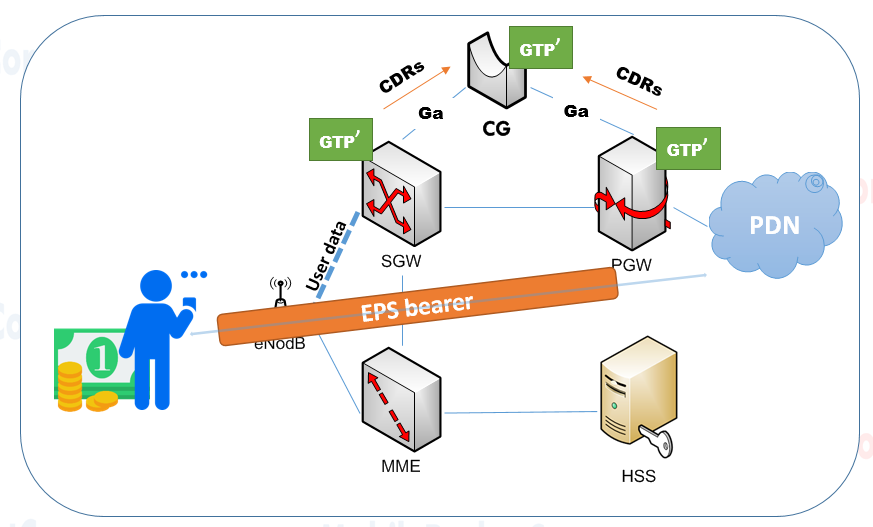Not so long ago, entering the mobile market as a Give Us Life MVNO was an expensive business; few successful MVNOs have survived without spending over EUR3 million. Most have spent considerably more. However, the advent of mobile virtual network aggregators can radically change the entry costs for new MVNOs.
The business concept is that the MVNA purchases mobile airtime in bulk from the partner mobile operator, adds its service platform, and wholesales this airtime to multiple MVNOs, who each, in turn, sells the mobile service to end-users. Good MVNAs will also provide a range of value-added services to their MVNOs to lower the overall operational cost of the individual MVNOs. The major advantage to each MVNO is that they do not need to invest.

An expensive mobile billing and operations platform. Instead, they just need to focus on sales and marketing activities. We estimate that using a good MVNA will reduce the fixed market entry costs of a MVNO by a factor of five. However, customer acquisition costs (the bulk of a MVNOs variable spend) remain. Furthermore, selecting an appropriate partner is far from straightforward. It is all too easy for a MVNA to adopt an approach of signing up everyone for a set-up fee and allowing the survival of the fittest.
Related Articles :
- Understand How Owner Financing Works To Sell Your House Quickly
- Carrier Ethernet Access – The Differentiated Services Challenge
- Chevrolet goes off Indian roads: How did the automobile giant mess up
- Modern Ways of Providing Web Applications to Mobile Devices
- Discover the New Territory With Nokia Mobile Phone
We believe that good MVNAs will focus on particular market segments, such as smaller ethnic MVNOs. Having common MVNOs with the same business issues will enable the MVNA to provide a range of real value add services to lower the operating cost base of all of its customers. MVNOs who genuinely can gain more than 100,000 customers are more likely to be better off commercially with a direct relationship with a mobile network operator. In some instances, the very same mobile virtual network aggregator may reconfigure itself to offer its services as a mobile virtual network enabler (MVNE).
Financially, this arrangement can be advantageous for the MVNO. THowever, thesemodels are still in the very early stages of their evolution. Although the introduction of MVNAs appears to have reduced the entry cost of becoming a MVNO, in the author’s opinion, they do not reduce the overall risk. Principally, because they do not improve the fundamental go-to-market propositions of MVNOs. Andrew White 2014. Reproduction permitted provides no changes, and links remain intact. All rights reserved internationally.
